The path to sobriety has its challenges, but embracing positivity and self-improvement along the way can make all the difference. Here are 10 empowering steps to maintain a hopeful mindset and build healthy habits as you discover your authentic, substance-free self.
The decision to pursue sobriety is a major milestone that requires commitment, courage, and support. According to the 2022 SAMHSA National Survey on Drug Use and Health, nearly 48.7 million Americans aged 12 and older have confronted substance abuse issues in the past year, making the recognition of the need for change often the most critical and difficult first step.
Embracing positivity throughout your recovery journey can help provide motivation during the inevitable ups and downs. Here are 10 steps to maintain a hopeful mindset while building healthy habits for a substance-free life.

Table of Contents
1. Honestly Acknowledge the Need for Change
Overcoming addiction starts with honestly admitting that usage has become unhealthy. This means accepting that alcohol or drugs are being used as unhealthy coping mechanisms and have negatively impacted aspects of life and relationships. Being truthful with yourself opens the door to recovery.
Instead of seeing this admission as a failure, recognize it as the beginning of a profound journey of growth and self-discovery. The awareness alone that change is needed to live life to the fullest is something to celebrate. Meet yourself with compassion and patience – this is just the beginning.
The admission of having an unhealthy relationship with substances is highly personal and looks different for each individual. For some, it means acknowledging the inability to control usage or growing mental reliance on alcohol or drugs. For others, it is recognizing the harm caused to professional aspirations or close relationships. Regardless of the specifics, embracing sobriety starts with honesty about the role substances play in your life.
2. Set Clear, Achievable Goals
Recovery does not happen overnight. It is a gradual process that requires taking intentional baby steps. To stay motivated, outline specific short and long-term sobriety goals that give structure and direction to your journey. Start with simple goals like attending 90 meetings in 90 days, reading recovery-focused books, or establishing a healthy evening routine. These provide building blocks towards bigger milestones like 30 days sober, 6 months sober, or celebrating yearly anniversaries. Setting achievable goals reinforces progress and gives you something to strive towards.
Remember that perfection is not required in meeting goals, especially early on. If you fall short of a target, avoid self-criticism. Reflect on what can be learned and then continue progressing forward. Maintaining sobriety is a process of constant growth, not fixed endpoints. Focus on overall forward momentum rather than getting caught up in any single setback along the way.
3. Build a Strong Supportive Community
One of the most crucial steps to embrace positivity in recovery is surrounding yourself with a community of positive personal and professional resources. Lean on loved ones who champion your sobriety and can share tips from their own experiences.
Attending support groups like Alcoholics Anonymous or Narcotics Anonymous provides camaraderie with others on the same journey. You realize you are not alone in your struggles. Online recovery forums are another way to connect anytime with people across the globe facing similar issues.
Multiple studies confirm individuals engaged with recovery support communities have success rates over twice as high as those who attempt sobriety independently. Having people to turn to during moments of weakness literally improves your odds of staying clean long-term.
4. Develop Diverse Healthy Coping Mechanisms
When dealing with triggers, stress, or simply boredom, it is essential to have a diverse toolkit of healthy coping strategies to fill the void previously occupied by substance use. Strategies like exercise, creative expression, mindfulness practices, or connecting with support buddies provide positive outlets without reliance on drugs or alcohol.
Diving into a hobby or activity you are passionate about is a powerful distraction tool when cravings hit. Figuring out mechanisms that work for you personally rather than relying on a one-size-fits-all approach is key. Having options available lets you address each situation uniquely.
Counselors suggest trying at least 5-10 different mechanisms and combinations to determine the best personal formula. Over time, these coping tools will come naturally in moments of temptation.
5. Recognize and Celebrate Milestones
Marking sobriety milestones, no matter how small, reinforces the positive changes happening and motivates continued progress. Go beyond just tracking days sober – commemorate 30 days with a special treat, 6 months with a weekend getaway, and annual anniversaries with loved ones.
Adapting celebrations to align with the new sober lifestyle shows it is still possible to have fun without alcohol or drugs. Throw dinner parties with tasty mocktails, plan outdoor adventure trips, or try combo events like rock climbing followed by a massage! Recognizing progress made provides a sense of achievement.
Research by Positive Psychology shows that celebrating wins and reflecting on accomplishments significantly improves self-confidence and resilience on the path to building new habits. So pat yourself on the back.
6. Prioritize Physical Health and Wellbeing
A balanced, nutrient-rich diet, regular exercise, proper sleep, and stress management strengthens the body to best support recovery. Deficiencies from substance abuse can negatively impact both physical and mental health. Therefore nutrition is a key aspect of recovery.
Alcohol begins to affect your brain right after the first sip. Nutrition is critical to help reverse damage and restore optimal function. Focus on foods containing antioxidants, omega-3s, B vitamins, amino acids, and magnesium to replenish depleted reserves. Light physical activity releases endorphins that boost mood and relieve stress. Prioritize at least 7-8 hours of quality sleep to allow your brain and body to fully heal. Activities like yoga and meditation also aid in the healing process.
Studies found that a holistic approach including proper nutrition, exercise, and sleep significantly reduced rates of relapse in individuals recovering from addiction. Caring for your physical self amplifies recovery.
7. Commit to Continuous Learning and Growth
Reading memoirs, listening to podcasts, taking courses, or attending seminars on addiction, recovery, and personal development provides motivation, tools, and insights into your unique journey. Exposure to different perspectives allows you to implement diverse strategies.
Joining online communities offers camaraderie and opportunities to exchange knowledge on managing sobriety. Enrolling in counseling or life coaching develops skills for stress management, rebuilding relationships, and creating life/career goals. Formal treatment programs offer structure and immersive support.
Continuous learning and growth, both formally and informally, are key to flourishing in recovery. Individuals actively educating themselves are more likely to achieve long-term sobriety compared to those who do not make learning a priority.
8. Incorporate Gratitude and Mindfulness Practices
Cultivating an attitude of gratitude through practices like daily journaling has been scientifically shown to increase happiness, lift mood, and improve life satisfaction. Starting each morning by writing down 3-5 things you are grateful for immerses you in positive emotions to carry through the day.
Mindfulness meditation strengthens awareness of the present moment so you can acknowledge feelings and thoughts without getting swept up by them. This equips you to respond mindfully rather than react impulsively. Regular mindfulness leads to long-term positive mental health.
Even beginning with just 5-10 minutes per day of gratitude and mindfulness practices can provide tangible benefits. Over time, integrating these simple tools into your daily routine can fundamentally shift perspective and cultivate resilience. Be patient with yourself as you build these habits. The key is consistency. Each moment you take to reflect provides value.
9. Seek Professional Help When Needed
While willpower, lifestyle changes, and community support are crucial, the guidance of a professional counselor or dedicated recovery program provides structure and expertise tailored to your situation. Therapists help you process emotions, identify triggers, establish boundaries, and develop healthy mechanisms to prevent relapse.
Counselors also equip you with communication and coping skills to rebuild personal and professional relationships that may have been strained by addiction. Support groups provide community, but one-on-one therapy addresses deep-seated issues. Working with an expert improves rates of sustained sobriety.
If the idea of professional help makes you hesitant or uncomfortable, remember that therapists aim to empower you with additional skills and clarity to live your best life. You deserve support. Rather than trying to tough it out alone, have the courage to reach out. Sobriety is a team effort and counselors want you to succeed.
10. Discover Your Authentic Self and Passions
Sobriety allows you to not just survive but thrive by exploring interests and passions that may have been suppressed during active addiction. Reflect on hobbies that used to bring joy and make time for those activities again.
Let your authentic self emerge without numbing. Find fulfillment in relationships, creative pursuits, community service, athletics, spirituality, or nature – whatever resonates. Discover what really makes you come alive. This process of self-actualization and living aligned with your values makes sobriety a rewarding celebration.
Frequently Asked Questions
1. How do I resist intense cravings or deal with triggers?
Have a pre-made list of distractions like calling your sponsor, exercising, immersing in a hobby, or repeating an inspirational mantra. Avoid high-risk situations early in recovery. Visualize yourself confidently navigating triggers. Accept cravings will arise but practice acknowledging the feeling without reacting to it.
2. How can I stop relapsing and break the cycle?
Relapse is common and does not mean failure. Reflect on what situations led to slip-ups and identify patterns. Shore up your support system and employ stronger coping strategies. Forgive yourself. Each relapse provides insight to sustain sobriety long-term. Progress trumps perfection. Focus on strengths.
3. How can I motivate myself to stay on track?
Revisit your reasons for pursuing sobriety and goals. Reread old journal entries to reconnect with your resolve. Talk with others about your journey. Celebrate small wins. Measure progress in milestones reached. Stay inspired by consuming positive recovery media. Do an act of service.
4. What do I do if I have a setback or relapse?
First, do not panic or allow shame to set in. A lapse does not erase all progress. Notify your support system for help getting re-centered. Examine what triggered it and establish strategies to avoid repeating the situation. Forgive yourself and restart your recovery plan, one day at a time. You got this!
5. How can I rebuild trust in relationships affected by my addiction?
Listen without being defensive to understand their perspective and validate feelings. Verbalize genuine remorse. Follow through consistently on behaviors that show change. Manage expectations; rebuilding broken trust takes time. Therapy can uncover issues behind behaviors. You cannot force forgiveness but you can control becoming your best self.
6. When should I consider inpatient vs outpatient treatment programs?
Inpatient rehab provides intensive support by removing you from environments with temptation. Outpatient offers more flexibility for those with jobs or family. Consider your risk level, support system, addiction severity, and personal preferences. Speak to a professional about what level would be most conducive. There is no one-size-fits-all.
7. Will I have to abstain from alcohol forever or can I eventually drink moderately?
It is safest to assume you will need to abstain permanently once you have developed an addiction. Some may attempt moderation after achieving multi-year sobriety, but risk of relapse remains high. Pursue rewarding sober experiences vs viewing alcohol as missing. Take it one day at a time rather than worrying about “forever.”
8. How will I socialize sober when alcohol seems integral to connections?
It takes practice but you realize alcohol does not necessarily enhance social bonds, and that you are not missing out. Suggest alternate activities to friends like hiking, games night, movies, or concerts. Connect over shared interests, not substances. Consider new social circles with similar sober goals.
9. How do I have fun without alcohol or drugs?
It takes creativity and an open mind! Try exciting new hobbies, recreational sports leagues, dance classes, comedy shows, hiking groups, craft workshops, adult camps, skills courses, targeted travel. Stay busy discovering passions. Your world expands without substances limiting perspectives. Sobriety allows you to find joy in everyday moments.
10. Will I need anti-depressants or other medications during recovery?
It depends on your personal situation. Some benefit from medications that stabilize mood, reduce cravings, ease withdrawal symptoms, or treat co-occurring mental illness. Never hesitate to discuss options with medical and mental health professionals. Recovery incorporates your whole wellbeing, including physical and mental health support.
The Bottom Line
The decision to live substance-free holds challenges but embracing sobriety with an attitude of hope, personal accountability, and communal support provides the foundation for a life rich in meaning, passion, and fulfillment. Stay focused on your vision for health, engage in continuous self-improvement, celebrate each milestone, and find joy in the journey. You’ve got this!




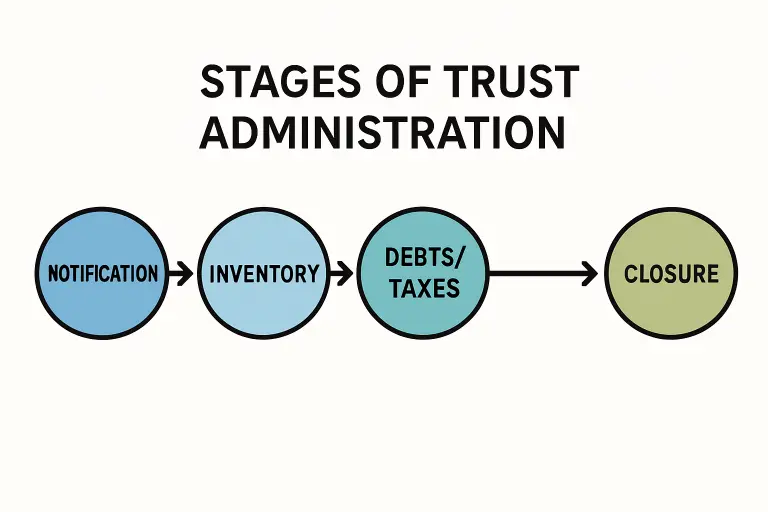


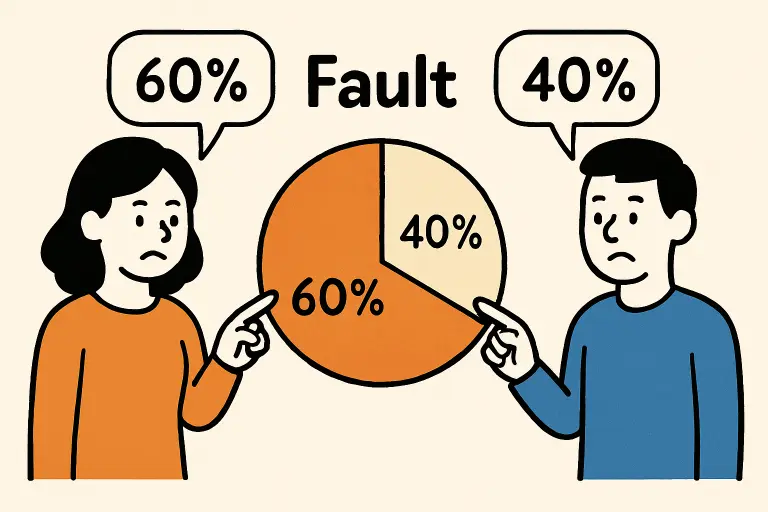











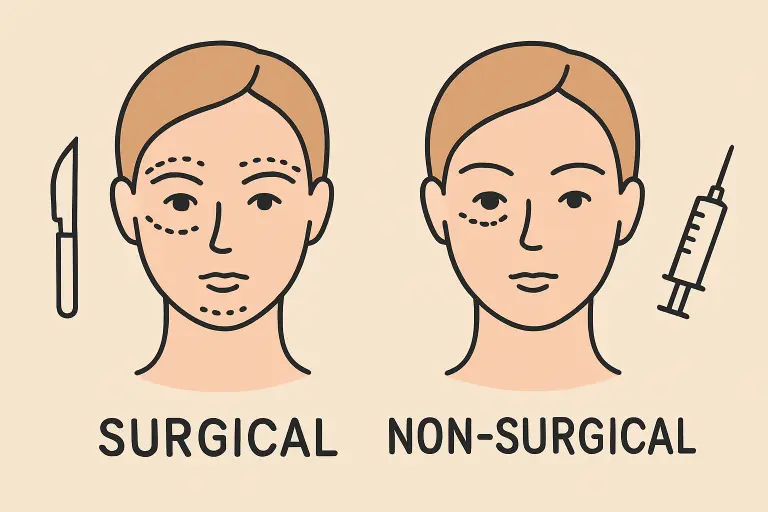
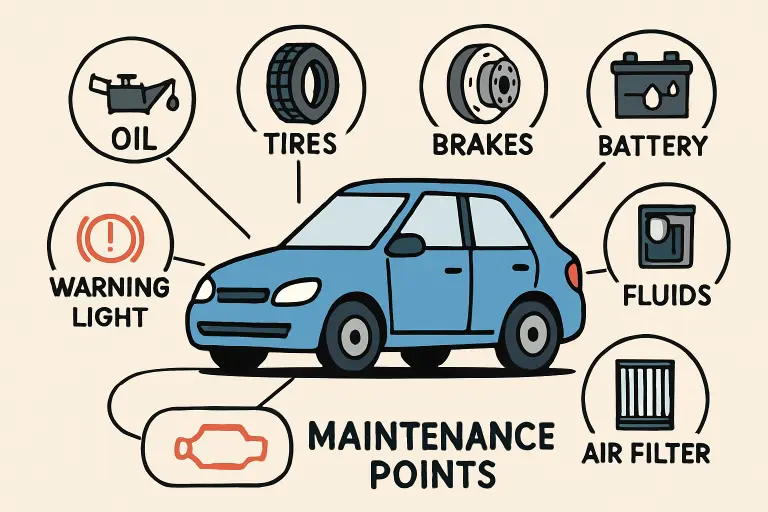


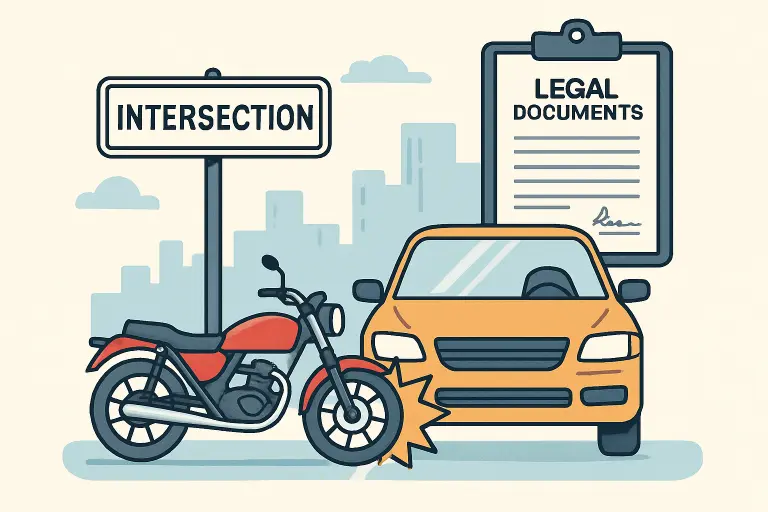








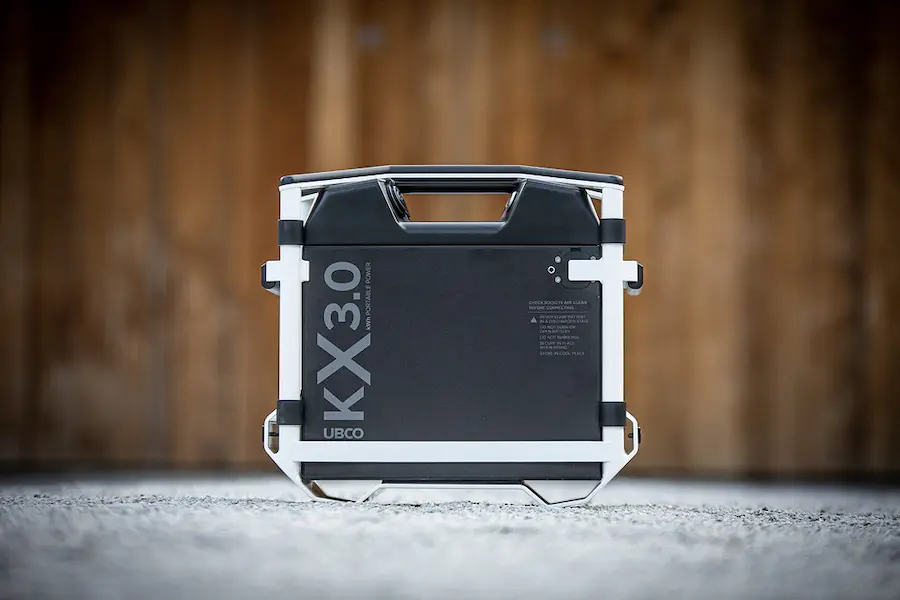
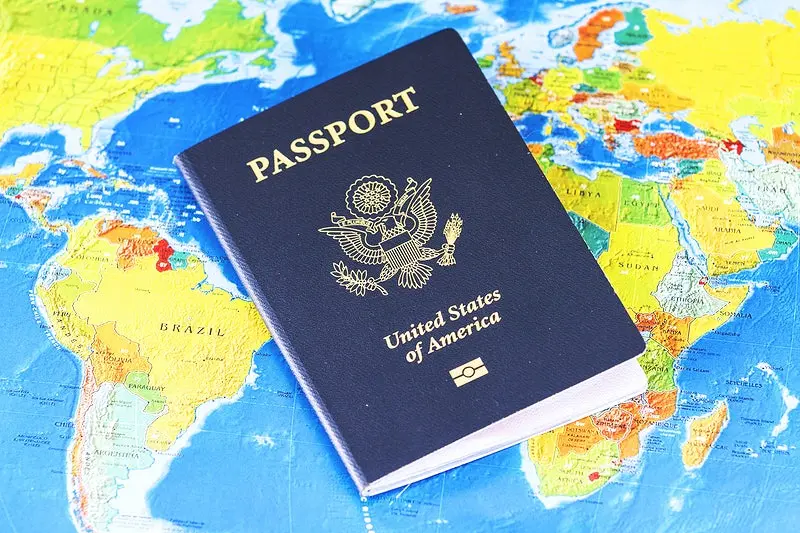







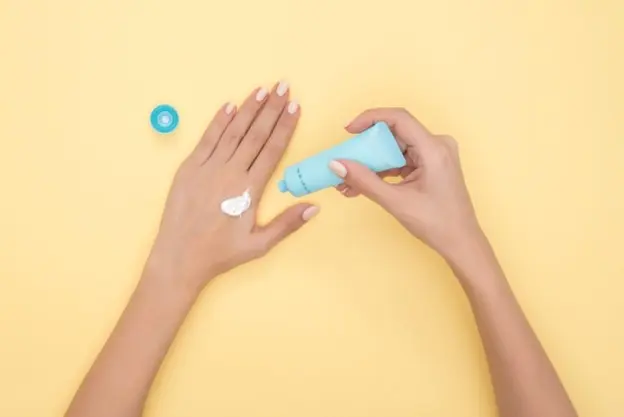
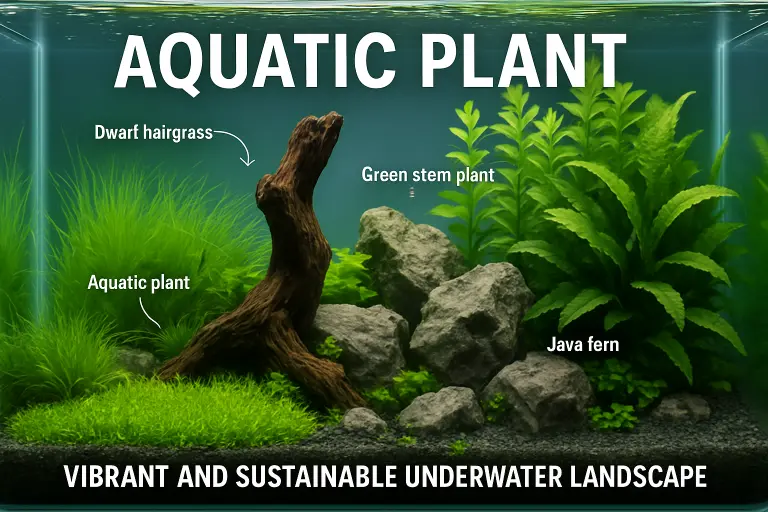




















































































































































































































































































































































































































































































































































































































































































































































































































































































































































































































































































































































































































0